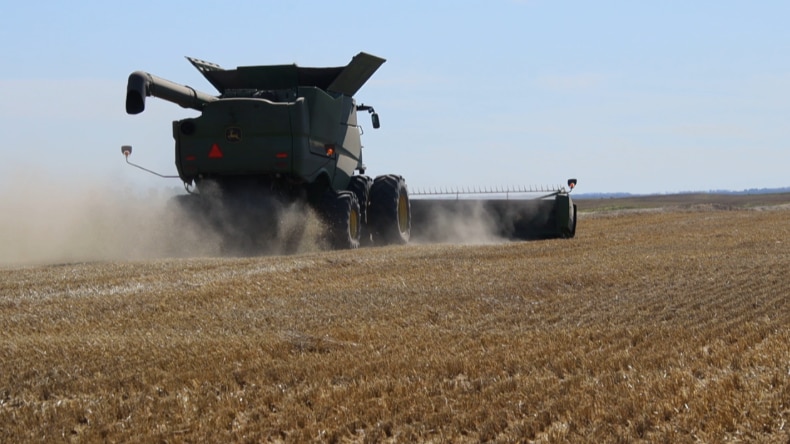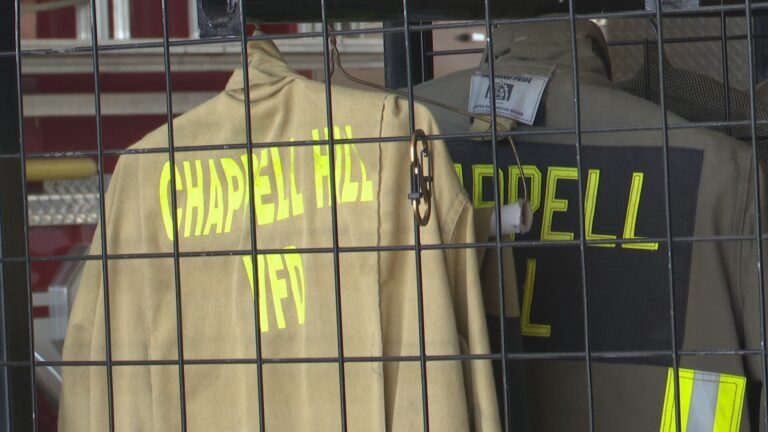2018 Farm Bill expires, questions remain about potential new agreement post-COVID
BRAZOS COUNTY, Texas (KBTX) – As eyes were glued to a potential government shutdown over the weekend, a vital piece of legislation for farmers expired,
The 2018 Farm Bill ensures farmers and ranchers alike are protected from crop losses, ensures a safe and healthy funnel of food to the U.S. and worldwide markets and allows for research to expand in the agriculture field. While it expired on October 1, 2023, an extension was made so it is viable through the end of the year.
But, it’s unclear what this piece of legislation could look like by then. The Texas Farm Bureau says there are two options, approve another extension of the 2018 bill or approve a new one to cover the next five years.
The only problem: this current bill was created before numerous record-breaking weather disaster seasons, COVID-19 and inflation.
“We’re not back to pre-COVID levels as far as the input prices go. When you look at the price of fuel and just equipment itself, then the seed the, fertilizer, you know, it has leveled out some but it’s still higher than it was pre-covid,” Laramie Adams, the National Legislative Director for The Texas Farm Bureau, said.
Local rancher, Mark Marek, says he’s been keeping an eye on the legislation. But his main concern is the greater impact this could have if there isn’t a new agreement made. Marek says his main concerns are two back-to-back record-breaking summers with heat and drought plus an increase in prices for equipment.
“We not only feed the United States, but we feed a large portion of the world and it to have a safe, dependable, ongoing food supply allows everything else to happen,” Marek said. “It’s a must-pass piece of legislation. It has to get done. We have to have a better more complete system for crop insurance.”
Adams says the Farm Bureau is watching what happens with this piece of legislation and while it’s unclear what’s going to happen, he says there is a lot of work being done.
“I do feel very good about the leadership that we have in DC as far as making sure that the farm bill just doesn’t put on the back burner, you know, so there’s a lot that has to be done,” he said.
Adams said this new piece of legislation is important also because the cost to send a cow or crop to sale has increased significantly for farmers. If the end of 2023 comes with no new agreement, the 2018 bill can be extended again. But, that would not cover changes over the last five years.







